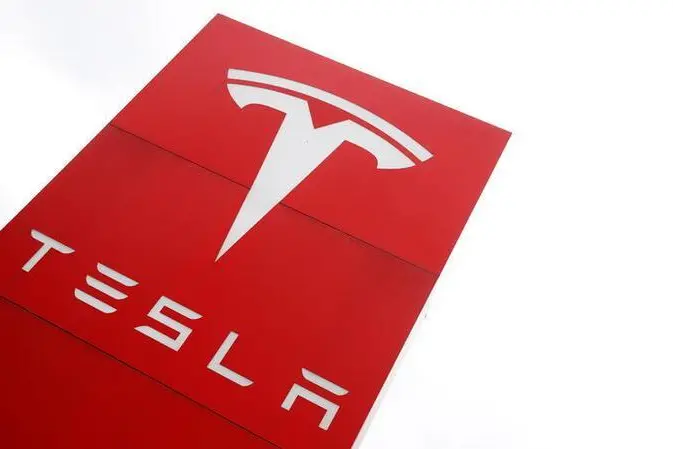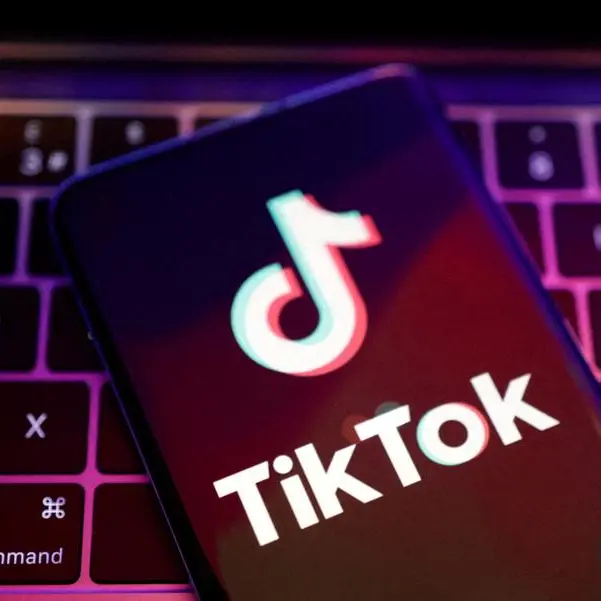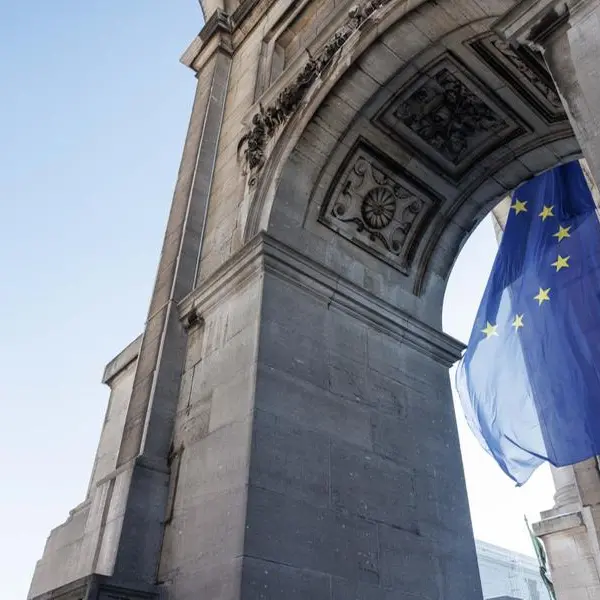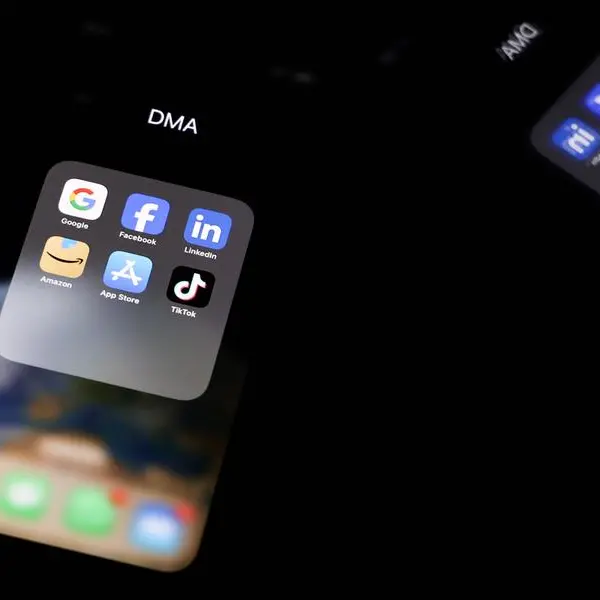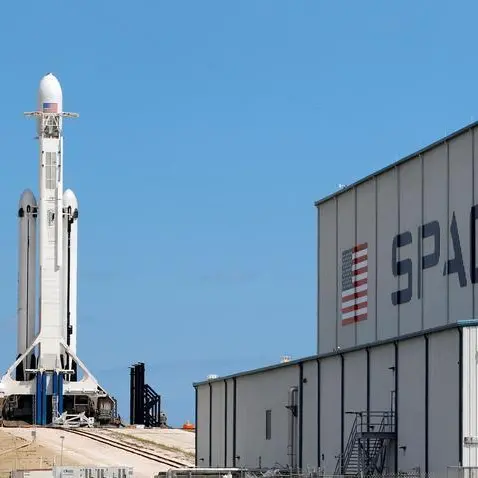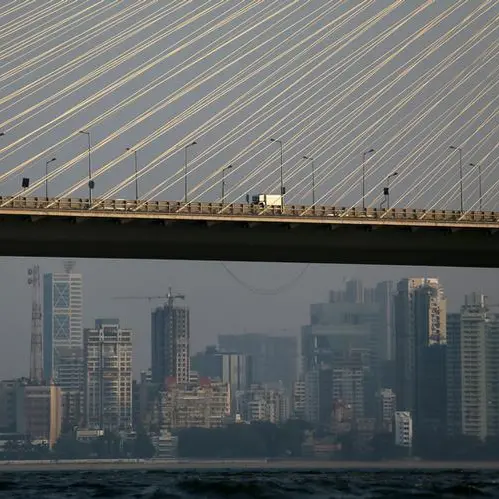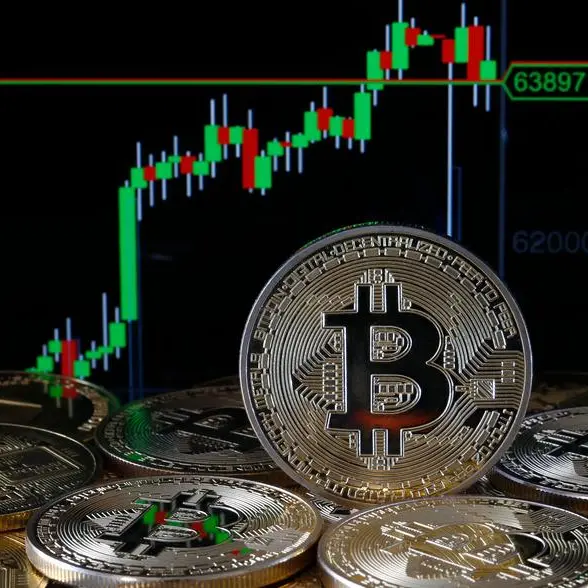PHOTO
Tesla and Elon Musk are seizing upon an obscure provision in corporate law to attempt to restore Musk's $56 billion pay package, in an untested move that could again mire the company in litigation, legal experts said.
The electric vehicle maker on Wednesday proposed putting Musk's 2018 pay deal to a shareholder vote, even though a Delaware judge voided it in January.
Tesla is using a little-known section of Delaware's corporate law that lets companies fix procedural defects that would otherwise nullify their boardroom decisions.
Tesla called the approach "novel" in its securities filing and said the special board committee that approved it could not predict how it would be treated under Delaware law.
Eric Talley, a professor at Columbia Law School, said the provision is meant to be a "Band-Aid" for technical boardroom mistakes, not to undo major court rulings.
Tesla said in the proposal that thousands of shareholders were incensed over the ruling by Delaware Chancellor Kathaleen McCormick, who found that Tesla directors were not independent when they recommended the "unfathomable" package and failed to negotiate with Musk.
McCormick ruled after years of litigation and a week-long trial that those and other key details were withheld from investors before they voted to approved the pay package.
Tesla proposed to fix that in two ways. In an attempt to remove board conflicts, it had an independent director, Kathleen Wilson-Thompson, review the 2018 pay deal to decide if it was in the best interest of shareholders.
In addition, it will give shareholders the chance to vote again after reviewing McCormick's findings. Shareholders will have 120 days to challenge the proposal if it is approved.
Tesla did not attempt to correct the flaws in the negotiations that McCormick identified. The company did not propose a new pay package to Musk or hire new compensation consultants to review the record-smashing pay deal, according to the company's proposal.
If shareholders approve, Talley and others said it could make it easier for Musk to win on appeal in the Delaware Supreme Court, because it could shift the burden to the plaintiffs to prove Musk's pay was unfair. In the trial, Musk had to prove the pay and the process were fair.
But other experts said the proposal was all but guaranteed to invite more shareholder lawsuits.
In part, that is because the pay package took effect in 2018 and rewarded Musk if Tesla hit certain milestones, which it soon did. Musk received options to purchase around 304 million Tesla shares at a deep discount, although he never exercised those options.
Ann Lipton, a corporate law professor at Tulane University, said it is unclear Tesla if can now pay Musk not for achieving future milestones, but for past performance. She said it could be considered a waste of corporate assets.
"They are saying we are essentially giving him money because we like him so much and for no other reason. That is not something you can just ratify with a majority shareholder vote," she said.
The proposal announced by the company on Wednesday raises questions of whether boardroom decisions that allegedly breach fiduciary duties to investors can be wiped clean by leaving it to shareholders, rather than a judge, to decide what is acceptable.
Delaware law experts said they were unaware of precedents for overcoming a court ruling by using a shareholder vote in this way.
"That's the $56 billion question," said Larry Hamermesh, a professor with Widener University Delaware Law School. "Their position clearly is that all we need to do is have the stockholders say, 'Oh, no, we, we hear you chancellor, but this is okay with us.'"
(Reporting by Tom Hals in Wilmington, Delaware; Editing by Amy Stevens and Jamie Freed)
